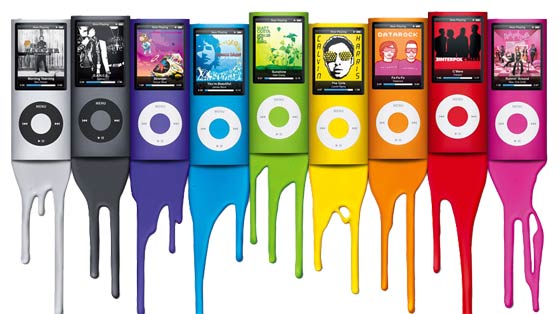A Federal Court in the USA has dealt a blow to the first sales doctrine (AKA the first sale rule or exhaustion rule), a law that enables the reselling of trademarked products after the trademark holder has put the products on the market. At the weekend the court decided that the ReDigi Music service, which facilitates the resale of iTunes music tracks, was violating copyright law.

Following the latest US legal ruling it seems like if you buy a digital download you don’t own it. The Electronic Frontier Foundation (EFF) summed up the situation as: “According to the court, when it comes to music, you may have bought it, but you don't own it, at least if the "it" is an mp3 file rather than a CD”. The EFF regards this situation as “frustrating” as the site in the dock for violations, ReDigi, is quite rigorous in its method of transferring the digital music rights.
However whatever system ReDigi implements simply can’t be enough, as the court has ruled that “The first sale doctrine simply doesn’t apply to digital goods, because there is no way to “transfer” them without making copies. When users upload their music the cloud, they are making a copy of that music, whether or not they subsequently (or simultaneously) delete it from their own computers, and the first sale doctrine doesn’t protect copying, only distributing,” according to the EFF report.

ReDigi declared that it is the “world's first pre-owned digital marketplace”. The ReDigi service was constructed to allow users (free to sign up and use) to buy and sell “used” music. Pre-owned music tracks on ReDigi are about half the price as they would be new to buy upon iTunes.
This case has been simmering for quite some time. Just over a year ago ReDigi successfully fended off the preliminary injunction, put forward on behalf of Capitol Records, to close the site down. Google tried to butt into the case and shore up ReDigi’s arguments, saying this case “could pose a threat to the burgeoning $41 billion cloud computing industry”. However the judge seems to have ignored that plea.
The EFF says that ReDigi may well appeal. Interestingly ReDigi is planning to expand into Europe, where it may be more favourably received in legal terms. ReDigi has yet to make a statement about the latest US court ruling.













